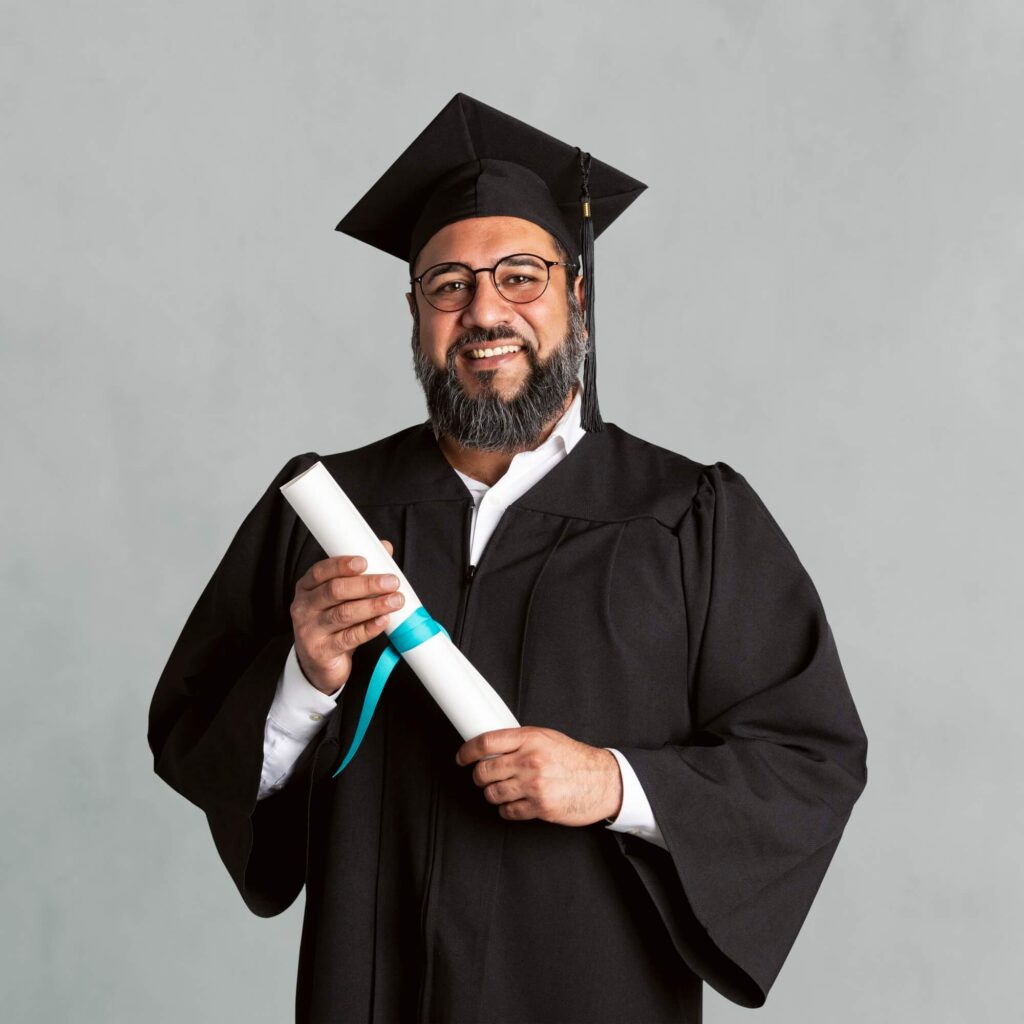Experience a Vibrant Campus Life that Supports your Growth
Overview
Vision
To make S&H Department a model of excellence in multi disciplinary branches of engineering by inculcating knowledge of Mathematics, Basic Sciences, Engineering Fundamentals and Professional Ethics so that the graduates can thrive and contribute to an ever changing global society.
Mission
M1. To develop a learning community where we learn, work and respect each other.
M2. To provide concrete foundation of engineering education using model tools and laboratories for teaching Mathematics, Basic Sciences and Engineering fundamentals.
M3. The department also aims at making the students confident in English language by training them in the major skills of the language: LSRW( Listening, Speaking, Reading and Writing).We look forward to help them strengthen the inborn skills with the proper training in soft skills and to lead a bright career ahead..
M4. To make vital contributions in areas such as faculty, modern labs, and demonstrate a high level of competence in the study of Engineering Physics.
M5. Develop a good citizen and a good human being through all round development.
Outcomes
Program Educational Objectives (PEOs)
- The graduates will develop solutions to the real world problems in various areas of Electronics and Communication Engineering.
- The graduates will adapt to the latest trends in technology through self learning in the areas of design, analysis and synthesis of engineering systems.
- The graduates will exhibit leadership skills and enhance their abilities through lifelong learning.
- The graduates will carry out their profession with ethics, integrity, competency and social responsibility.
Program Outcomes (POs):
- Engineering knowledge: Apply the knowledge of mathematics, science, engineering fundamentals, and an engineering specialization to the solution of complex engineering problems.
- Problem analysis: Identity, formulates, research literature, and analyze complex engineering problems reaching substantiated conclusions using the first principles of mathematics, natural sciences, and engineering sciences.
- Design/development of solutions: Design solutions for complex engineering problems and design system components or processes that meet the specified needs with appropriate consideration for public health and safety, and cultural, societal, and environmental considerations.
- Conduct investigations of complex problems: Use research-based knowledge and research methods including design of experiments, analysis and interpretation of data, and synthesis of the information to provide valid conclusions.
- Modern tool usage: Create, select, and apply appropriate techniques, resources, and modern engineering and IT tools including prediction and modeling to complex engineering activities with an understanding of the limitations.
- The engineer and society: Apply reasoning informed by the contextual knowledge to assess societal, health, safety, legal and cultural issues and the consequent responsibilities relevant to the professional engineering practice.
- Environment and sustainability: Understand the impact of professional engineering solutions in societal and environmental contexts, and demonstrate the knowledge of, and need for sustainable development.
- Ethics: Apply ethical principles and commit to professional ethics and responsibilities and norms of the engineering practice.
- Individual and team work: Function effectively as an individual, and as a member or leader in diverse teams, and in multidisciplinary settings.
- Communication: Communicate effectively on complex engineering activities with the engineering community and with the society at large, such as being able to comprehend and write effective reports and design documentation, make effective presentations, and give and receive clear instructions.
- Project management and finance: Demonstrate knowledge and understanding of the engineering and management principles and apply these to one’s own work, as a member and leader in a team, to manage projects and in multidisciplinary environments.
- Life-long learning: Recognize the need for, and have the preparation and ability to engage in independent and lifelong learning in the broadest context of technological change.
Programme Specific Outcomes (PSOs):
- Develop the ability to understand, demonstrate, identify, analyze and apply the skills and knowledge gained from foundational courses of humanities, sciences and engineering and relate these fundamentals with core subjects in the relevant field.
- Understanding basic skills and principles of engineering by developing and engaging them in life-long learning with effective skills inculcating quality of reasoning, logic, analysis and communication.
- Cultivate the ability to work in teams and learn by participating in Technical Events and Social Welfare Programs and develop the attitude for working productively as an individual and in cross disciplinary teams to become better citizens in multicultural world.

Laboratory
PHYSICS LAB
To introduce different experiments to test basic understanding of physics concepts applied in optics, thermal physics, properties of matter and liquids for engineering applications. To make the student to acquire practical skills in the determination of water quality parameters through volumetric and instrumental analysis. Acquaint the students with the determination of molecular weight of a polymer by viscometer.The students will be outfitted with hands-on knowledge in the quantitative chemical analysis of water quality related parameters.
Name Of The Equipment/Apparatus
- Torsional Pendulum
- Young’s modulus
- Lee’s Disc method
- Laser
- Ultrasonic Interferometer
- Spectrometer
- Air wedge method
- Band gap-semiconductor
- Poiseuille’s method
- Careyfoster’s bridge
CHEMISTRY LAB
The department is equipped with a full-fledged laboratory and meets the needs of the students as per Anna University Curriculum. The first year students are trained sufficiently to enhance their practical skills and are also provided hands on experience on sophisticated instruments.
Name Of The Equipment /Apparatus
- Digital pH meter
- Digital potentiometer
- Digital Spectrophotometer
- Digital Conductivity meter
- Digital Flame photometer
- Viscometer
- Hot Air Oven
- Double Distillation Unit
- Water bath
- Shimadzu Digital Weighing Balance
LANGUAGE LAB
The Department of English pays attention in enhancing the ‘Communication Skills’ of the students right from first year through final year by engaging them in Language Laboratory’. Several skills such as ‘Soft Skills, People’s Skills, and Interpersonal Skills’, which are required for the students are taught in this laboratory so as to get placement in Multinational Companies. In addition, the department of English gives training in ‘Public speaking’, which is pivotal for students when they are placed in organizations.The students are also exposed to web resources, self-study resources and online tutorials that impart training learners belonging to all academic levels


